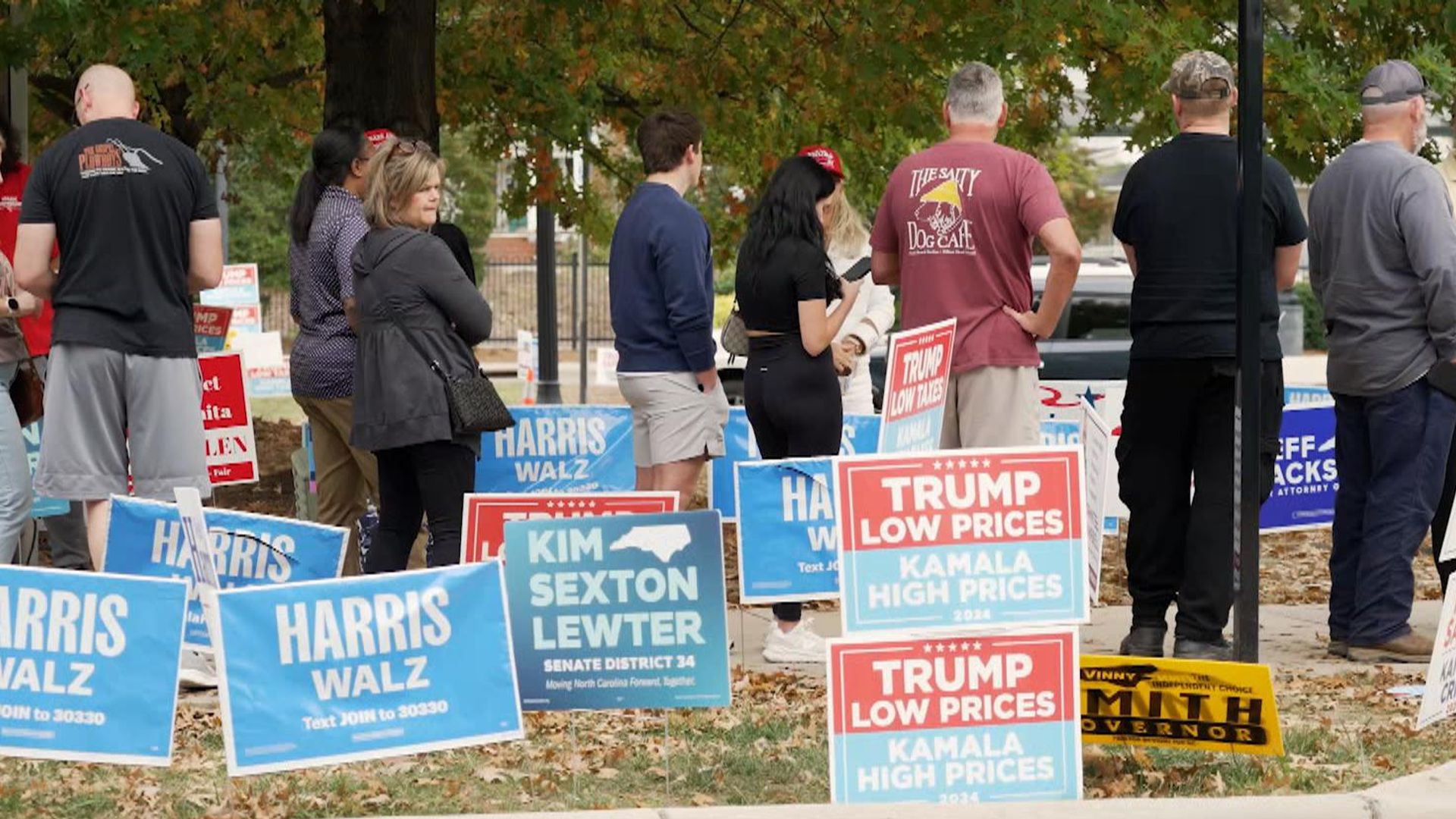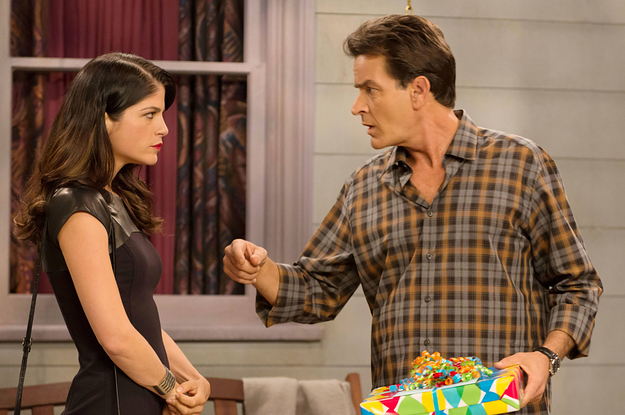
Susan Young is the Bangor Daily News opinion editor.

Eighty years ago this month, my father landed on Omaha Beach in France. Not, on D-Day, he always clarified, but later in June 1944, when the 83rd Infantry Division joined the Normandy invasion.
My father, a quiet unassuming man who was drafted into the Army during his freshman year at Bowdoin College, was always quick to point out that he wasn’t part of the D-Day invasion, not wanting, it seemed, to take credit for being a part of one of the most daring — and deadly — military operations of World War II. I understand his preciseness and his modesty. Certainly those who made the initial landings on the beaches of Normandy faced unimaginable horror. Some were gunned down in their boats. Some were hit by gunfire as they waded to shore. Many drowned. Paratroopers were entangled in the hedgerows or felled by German gunfire.
Once they made it to shore, they faced hills and dense hedgerows — and more artillery fire. More than 4,400 Allied troops were killed on D-Day alone, and more than 73,000 were killed in the Battle of Normandy, men from the U.S., Canada, England, and France.
It was horrifying, but somehow, the Allied troops prevailed and, slowly, brutal mile by deadly mile, the tide of World War II was turned.
My father, like many World War II veterans, spoke little about his experiences in Europe. He vaguely told us about his march across much of the continent. When I was a child, most of his stories were funny — about exploding cows and French chefs who cooked wonderful meals with powdered eggs. This, likely, was to shield me from the real horrors of war.
In his letters home to his mother, details of his day-to-day experiences were limited and vague. Likely because soldiers were told not to reveal information that could aid the enemy and because their letters were reviewed by censors.
Most of his letters were about books, music, and his beloved horses back home in Missouri. And, requests for more care packages.
His letters, however, were sometimes political, showing his disdain for the corporate war machine (long before Dwigh Eisenhower warned of the military-industrial complex), for politicians who were far too willing to send young men — like him — into a distant war while they comfortably made decisions (many of which my father thought were wrong) without fully understanding their consequences.
In one letter, sent in July 1944, my father was highly critical of the U.S. for being too slow to enter the war and for turning back a ship full of Jewish refugees from Europe. He presciently blamed the U.S. for allowing scores of people to be killed before finally taking action against Nazi Germany.
Interestingly, the Normandy invasion, and especially D-Day, filled him with optimism.
“The invasion of the continent has at last started,” he wrote in a letter written on June 11, 1944.
“I realize the invasion should have been made long ago and it is on too small a scale and progressing too slowly, but the end of the war doesn’t seem too far off now,” he added.
A week later, he joined that invasion after landing at Omaha Beach.
He and his comrades slowly made their way through France, Luxembourg, Belgium and Germany. They were part of the Battle of Saint-Malo, moved through the Hurtgen Forest and engaged in the Battle of the Bulge. These names are engraved on monuments, repeated in movies and books with a sense of reverence and awe. It is hard to imagine my father, then a bookish 20-year-old Army medic, playing a role in these historic events.
I’m not a patriotic person, but walking the cliffs and beaches of Normandy, especially as familiar American songs were played over loudspeakers, was one of the most enduring moments of my life. Trying to picture my father and thousands of other young men wading through the waves, crossing the deadly beaches and battling through the hedgerows, amidst gunfire, bombardments, chaos and noise, was unfathomable.
Far too many of them didn’t make it. Walking among the white grave markers at the cemeteries in Normandy, during a visit in 1991, was humbling and sad. Especially because my mother, who had escaped from the Nazis in Austria in 1938, had sent me to France with the names of some of her friends from her high school in Rochester, New York, who were buried there.
As dignitaries and others mark the 80th anniversary of D-Day, there will be many speeches about bravery and selflessness, about how young men helped to save the world from a murderous dictator with a perverted and evil worldview. Yes, these young men were heroes.
More simply, there were ordinary men who did extraordinary things.









